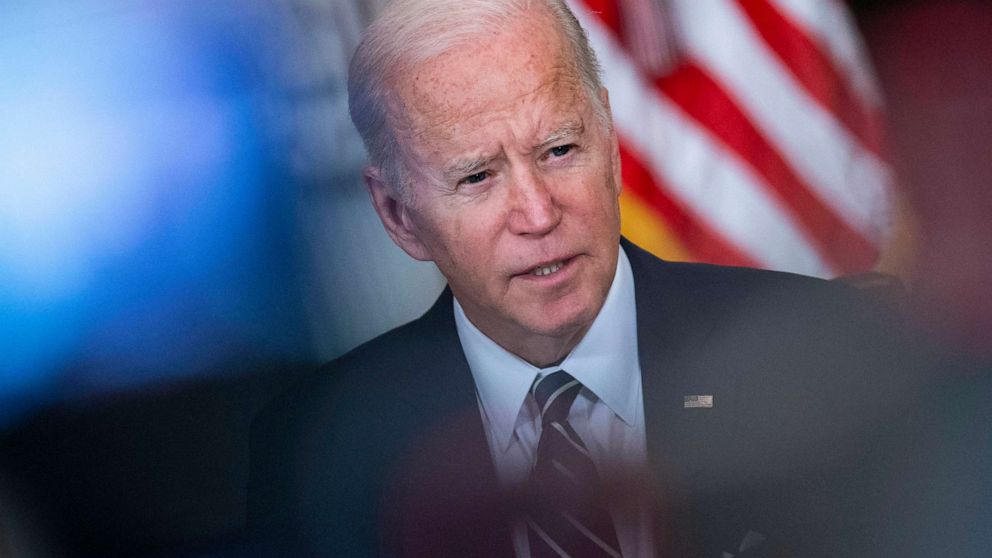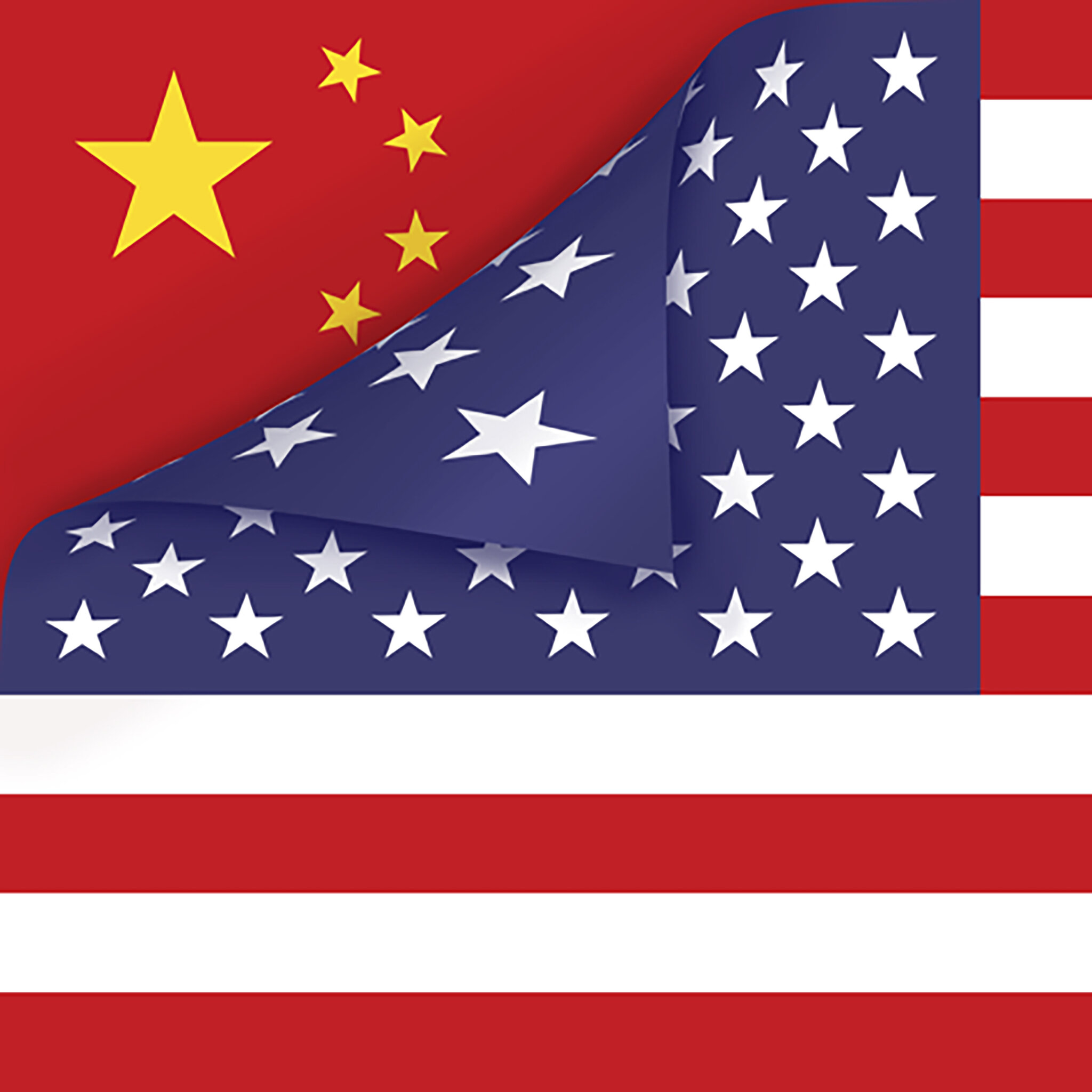Since World War II and the Cold War, the global geopolitical situation has changed, necessitating a reevaluation of the US position as an international policeman.

East Asia: Is the U.S. Losing Focus? (Photo: Google)
Is the U.S. Losing Focus?
The Ukraine and Middle East wars have typically commanded world attention, but recent events have shown the need for a more targeted and strategic approach, particularly in East Asia.
President Joe Biden, building on his Cold War and War on Terror experience, has promised to defend Taiwan from Chinese aggression, ending uncertainty. However, this interventionist approach and continuous European and Middle Eastern operations risk overstretching U.S. resources and influence.
The US spends roughly 40% of worldwide military expenditure but only 15% of global GDP, demonstrating an unsustainable and unneeded commitment to world policing. The fracking revolution has made the U.S. the world’s largest oil producer, calling into question costly military adventures in the Middle East to safeguard oil supply.
READ ALSO: Tension Rise As Beijing’s Military Moves Near Taiwan Persist Despite US China Talks Announcement
Rethinking U.S. Priorities in a Changing Global Landscape
The relative economic collapse of Europe and the ascent of China as a global power highlight the need to rethink the U.S. losing focus. China’s economic boom has catapulted East Asia to prominence, accounting for 26% of the world’s GDP. Europe’s GDP has declined.
China’s growth and assertiveness in East Asia, notably toward Taiwan and the South China Sea, provide challenges for President Biden. Extreme alarmism or panic can escalate tensions and undermine diplomatic attempts to address regional issues.
A military crackdown and growing state interference in the economy by Xi Jinping signal leadership issues. A balanced and strategic strategy is needed to manage ties with China and protect U.S. interests in the area, notwithstanding the Chinese threat.
Finally, the US must reconsider its global obligations and focus on places that need it most. A more targeted and strategic strategy, especially in East Asia, will keep the US a global force without overextending and intervening.
READ ALSO: China Vs Boeing: The Cost Of Commercial Warfare On American Foreign Policy

















































